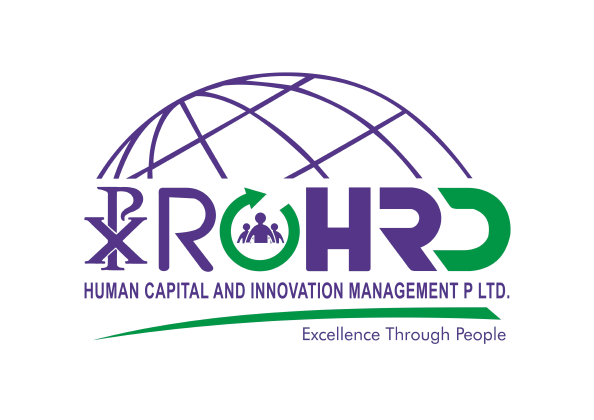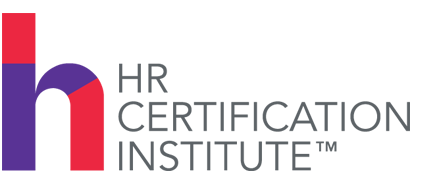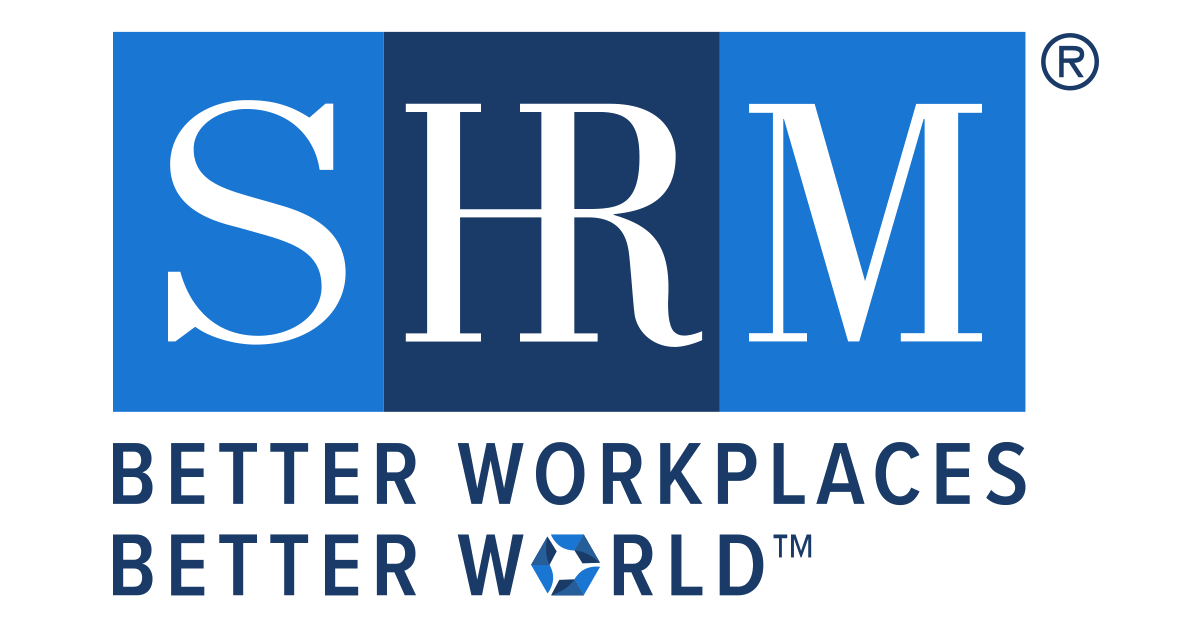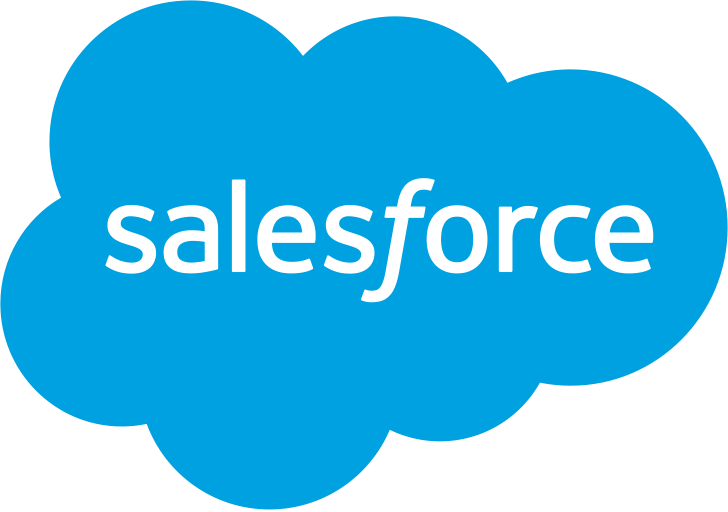CAREER ADVICE
Interview techniques
The interview is the critical factor that can make or break your career. Here are a few interview tips and suggestions on ways to improve your interview technique.
Preparation
Research
Do some research into the organization concerned. Some good sources include:
- Campus careers service
- Internet
- Library
- Professional body
- Recruitment consultancy
- Family and friends
Prepare a list of questions you want to ask about the organization and the position - think ahead! Such questions might include:
- Do you have a detailed job description?
- Why is the position available?
- What training and induction will be given?
- What prospects are there for personal and professional development?
- What are the company plans for the future?
- What attributes would you hope that I would bring to the job?
- When can I expect to hear from you?
Presentation
Look professional, act professionally and dress professionally. You will never have a second chance at making a good first impression. Dress conservatively rather than casually or radically, for example, a dark suit and tie, or a skirt and jacket as a general rule.
Needless to say, your presentation at an interview is extremely important. Not all of us are naturally stylish, so please be prepared to get advice on how to look your best, maybe splash out on a new corporate look that may just give you an edge on the day. As a rule, you should expect the environment to be conservative and corporate and dress accordingly.
You have put too much effort into selling yourself and getting to this point – it would be a shame to undo that by creating a less than positive visual impression.
The interview
- First impressions are critical. Research has shown that an interviewer has made an impression within the first eight seconds of meeting the person. The remainder of the interview is spent confirming this opinion, or turning this opinion around.
- To be on the safe side, bring a spare copy of your CV to the interview. Arrive at least ten minutes early as interviewers are unimpressed by lateness and will rarely accept excuses from prospective employees.
- Be respectful but not intimidated
- Be ready to answer questions that might be difficult
- Be ready to let them know what you are looking for
During the interview
Body language and other forms of non-verbal communication are important elements in the way an interviewee performs. Appearing relaxed and trying to act naturally is easier said than done but good appearance is mostly a matter of assuming a position that you are comfortable with. Sit up straight, lean forward slightly and always maintain good eye contact with the interviewer or panel. Looking disinterested will limit your options. Never smoke during an interview, even if invited.
Treat the interview as a two-way discussion and answer questions honestly, directly and keep to the point. Everyone present will be focusing their attention on you, so clouding your answer with jargon or evading the issue will be more obvious than you think. If you are not certain about a particular question, do not be afraid to ask if it can be rephrased. Listen, never interrupt and answer only what is asked.
There are common questions which arise in most job interviews, and while you should be prepared, try not to rehearse answers that are too precise. A better approach is to work on broad subject areas that are likely to come up during the interview. Some of these areas include:
- What job would you like if you had a completely free choice?
- Why are you seeking a position with our company?
- How do you cope with pressure situations? Be ready to give an example.
- Have you come across a situation like this? How did you handle it? What was the outcome?
- What are your greatest achievements to date?
- What objectives did you set yourself at the beginning of your career or study?
- Have you achieved those objectives?
- What interests you most/least about this job?
- Describe your own personality.
- Describe a situation where you have... (This is the style of questioning used in competency-based interviewing, asking for examples of previous situations is fairly commonplace so have some relevant examples at the ready.)
- What salary are you looking for? (Do your homework beforehand!)






